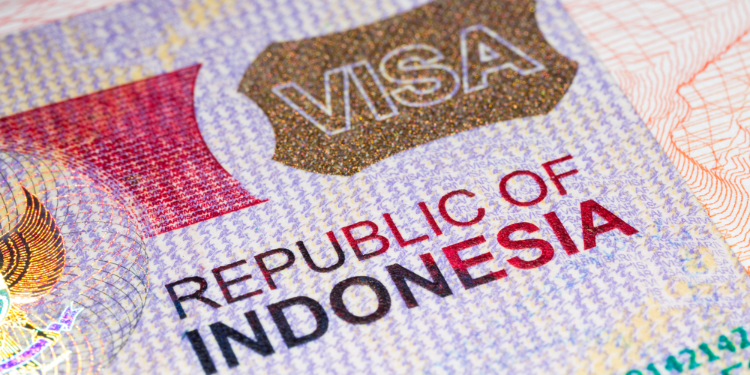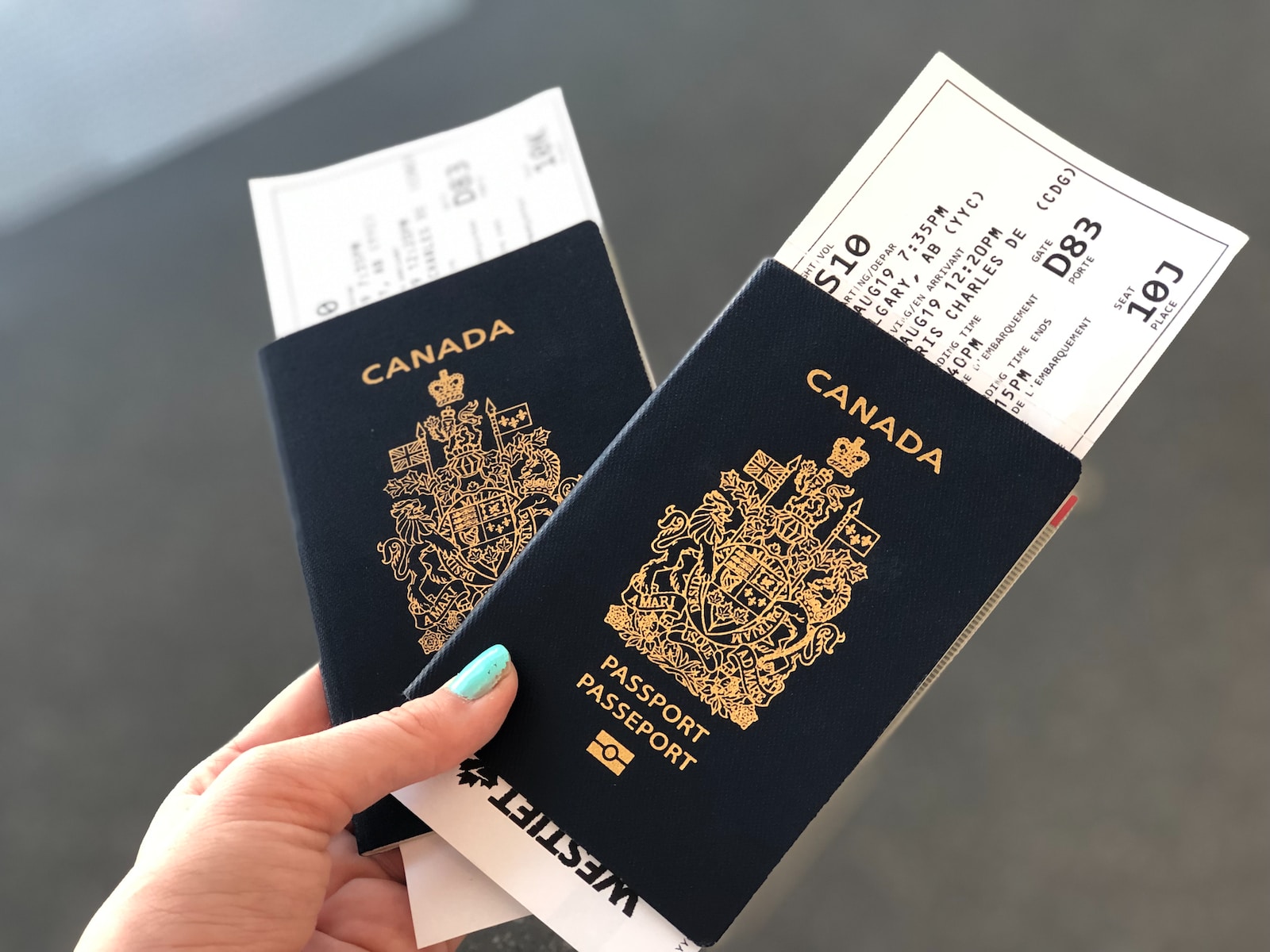An Educational Credential Assessment (ECA) is a document that verifies the Canadian equivalent of a foreign degree, diploma, certificate, or other proof of education credential. The ECA report states whether an individual’s educational credential is equivalent to Canadian standards, and is valid for the purposes of Canadian immigration.
Who needs an ECA?
Certain federal and provincial skilled worker immigration programs require an ECA. For instance, Provincial Nominee Program (PNP) streams that cater to skilled immigrants overseas may require an ECA. Federal pathways each have their own ECA rules. It is important that you carefully review the criteria of the federal or provincial program you wish to apply to in order to determine if you need to obtain an ECA.
Express Entry
Under the federal Express Entry system, for example, candidates who wish to be considered under the Federal Skilled Worker Program (FSWP) are required to have an ECA before entering the Express Entry pool, unless their educational credential was obtained from an institution in Canada.
Candidates who wish to be considered under the Federal Skilled Trades Program (FSTP) or Canadian Experience Class (CEC) are not required to obtain an ECA. However, if they wish to obtain points for their foreign educational credential under the Comprehensive Ranking System (CRS), an ECA is required. A higher CRS score is likely to increase an individual’s chances of being drawn from the pool.
The spouse or common-law partner of a candidate for any of the programs managed under the Express Entry system must also obtain an ECA for his or her foreign education if he or she wishes to claim CRS points. An ECA is not required for an accompanying spouse or partner, however, no points may be awarded without presenting an ECA.
A candidate and his or her spouse/partner (if applicable) must obtain an ECA for each credential for which he or she wishes to claim points. For example, if a candidate has completed high school, a Bachelor degree, and a graduate diploma, he or she may obtain more points under the CRS if he or she obtains an ECA for the Bachelor and the graduate diploma, than if he or she had only the Bachelor degree assessed.
Obtaining an ECA
In order to obtain an ECA report, a candidate (and his or her accompanying spouse or partner, if applicable) submits the required documents to an organization designated by Immigration, Refugees and Citizenship Canada (IRCC). These organizations operate independently of the government of Canada. Required documents may include transcripts and certificates.
The current organizations designated by IRCC to issue ECA reports are:
- World Education Services
- Comparative Education Service – University of Toronto School of Continuing Studies
- International Credential Assessment Service of Canada
- International Qualifications Assessment Service
- International Credential Evaluation Service
- Medical Council of Canada (professional body for Doctors)
- Pharmacy Examining Board of Canada (professional body for Pharmacists)
The ECA must be issued on or after the date that IRCC designated the service. In addition, the ECA must not be more than five years old on the date that IRCC receives the candidate’s Express Entry profile and application for permanent residence.
It is important to note that an ECA is not proof of accreditation or a licence in a regulated profession. Professional accreditation is separate from the ECA process, and is decided by regulatory authorities in each province. You can learn more on this Canadian government website.











